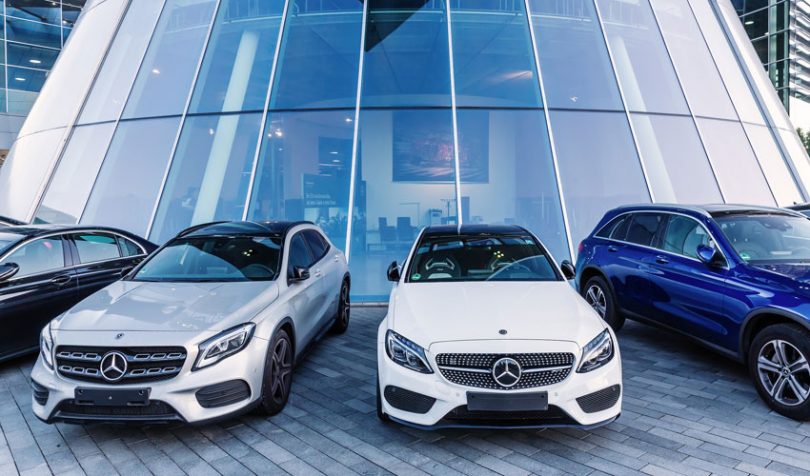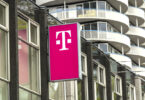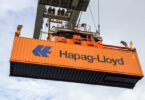Self-driven vehicles are slated to be the future of the automotive industry, and car manufacturers are scrambling to come up with solutions to meet this demand. For this, German automaker Daimler is banking on blockchain to bring about a smooth business transition.
Daimler has been experimenting with blockchain and has run pilot projects in the past. It also has a separate division for blockchain development within the Daimler Financial Services (DFS) group, known as the ‘Blockchain Factory’. The auto firm revealed that is researching applications of blockchain with a three-pronged approach — mobility as a service (MaaS), digitization of contracts, and tokenization of assets.
Mobility
In terms of mobility, Daimler envisions a future with autonomous cars connected to a network with sensors. Other infrastructure such as charging stations, parking spaces, and payments will be connected and automated with smart contracts. The firm is looking at a universal platform for its MaaS projects.
“With blockchain, you can consolidate and manage the supply and demand for fleets of tens or hundreds of thousands of vehicles. It will ensure that vehicles and services are available to end customers where and when they want, and that they are billed accordingly,” said Harry Behrens, Head of the Blockchain Factory at DFS.
Two months ago, the Blockchain Factory launched the Mobility Blockchain Platform (MBP) in conjunction with four startups. Contributions of the startups involved hardware car wallet development, Know Your Client verification, and nodes for processing the smart contracts.
Daimler additionally points out the two prominent consortiums in the sector, MOBI and BiTA. The firm boasts a place on BiTA’s board of directors.
Supply chain
Daimler sees supply chain as one of the critical blockchain use cases. The company does not produce all auto parts, so it has several third-party manufacturers and suppliers on a contract.
Daimler subsidiary Mercedes-Benz recently developed a blockchain smart contract prototype with Icertis, to ensure suppliers met obligations and attained regulatory compliance. Theoretically, should a supplier violate the contract, it will become visible on the blockchain platform.
“The blockchain technology has the potential to thoroughly revolutionize our procurement processes and could have an impact on virtually the entire value chain”, said Sabine Angermann, Head of Purchasing and Supplier Quality for Raw Materials and Strategy at Mercedes-Benz Cars.
She continued: “Global supply chains are getting more and more complex. In the first stage with our blockchain prototype, we are testing one of the many application options, with the objective of creating greater transparency in the supply chain that goes beyond our direct suppliers.”
A few weeks ago, Beijing Mercedes-Benz Sales Service Company said it is using blockchain to store used car data. The blockchain platform has been developed by startup PlatON and will be made available to Mercedes Global. The platform will act as a database of used cars with an immutable history of maintenance, ownership and odometer figures.
Tokenization
On the tokenization front, one of the firm’s first blockchain iniatives was a safety and sustainability incentive program with BBVA, using tokenized rewards. Aimed at Daimler employees, the program allowed staff to trade their earned token for real world rewards. Another project was a Daimler Trucks and Commerzbank pilot, using the Daimler Truck Wallet to make payments with e-euros from the bank.
DFS’s Behrens added that electronically signed and legally valid documents can save a large chunk of administrative expenditure. This links in to the asset tokenization front, as small investors can fund charging stations or other electric vehicle infrastructure. Blockchain can enable automated payouts to every stakeholder, according to their associated interests, immediately after a car is charged.
What’s next?
While Daimler has been spearheading several projects, it believes there is still a lot of work to do. One of the drawbacks of the current state of DLT is the limited scalability. A distributed network uses significant amounts of electricity compared to a centralized system. This issue has been circumvented by many, but a standard is not yet in place.
Daimler compares the rise of blockchain to that of the internet from the early 1990s, but believes the problems faced by the DLT will be solved comparatively faster.






